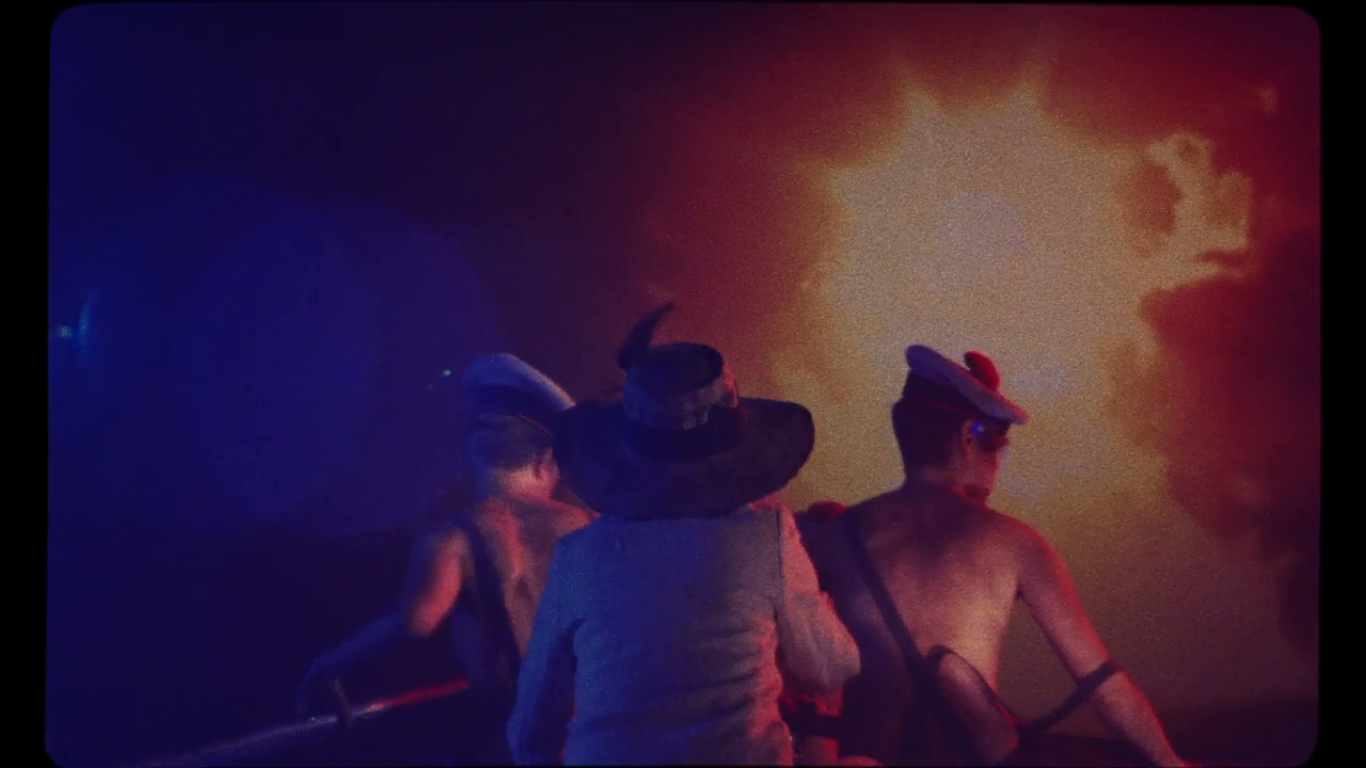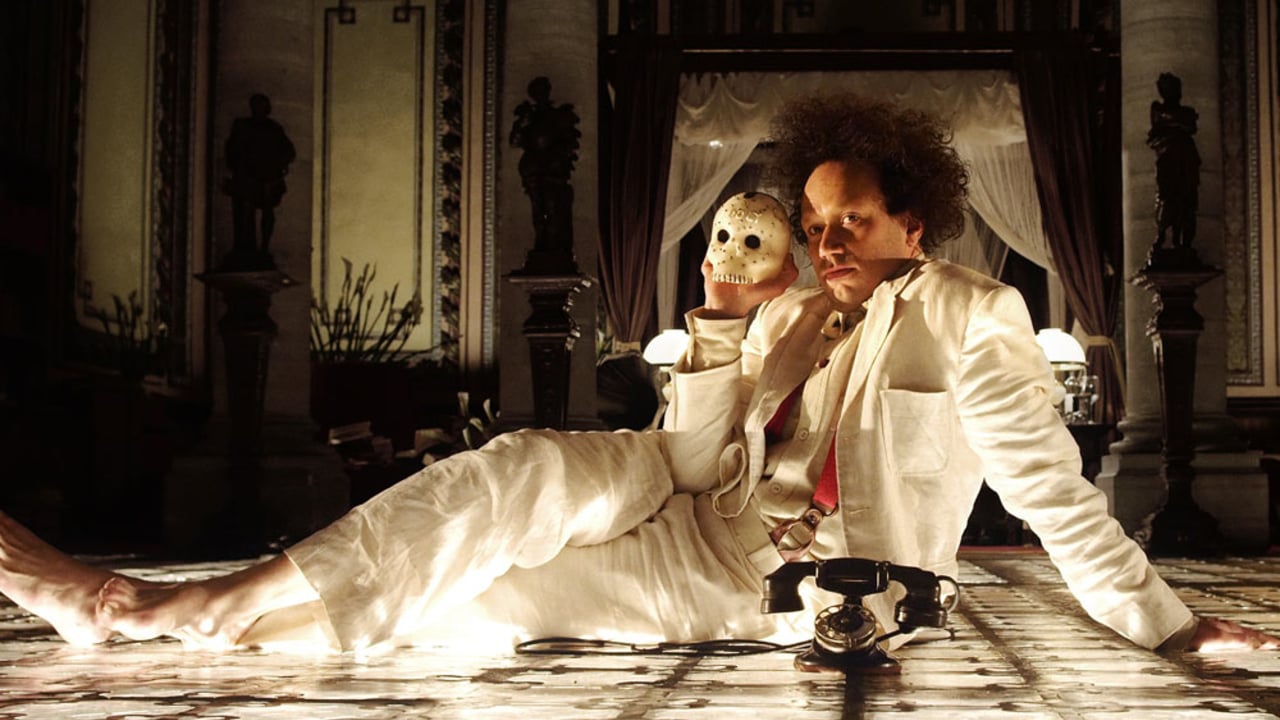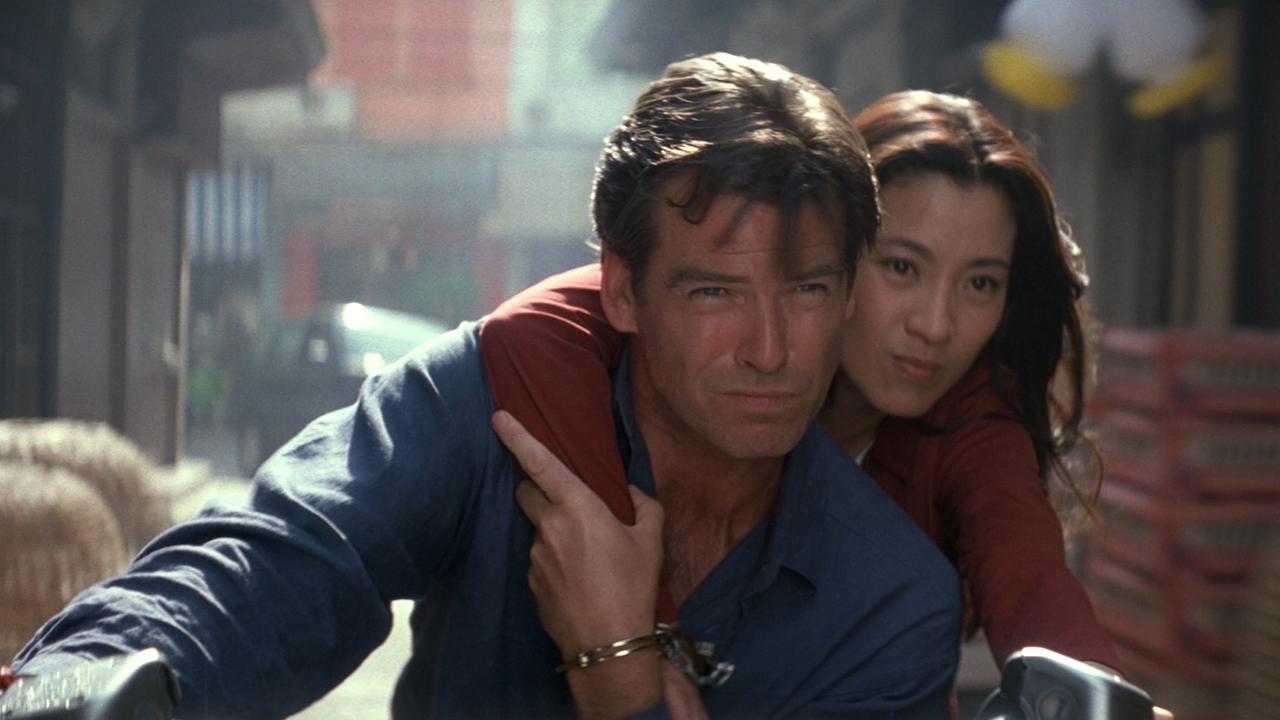The Wild Boys, Bertrand Mandico’s feverish and gleefully overstuffed debut feature, is many things at once, and not all of those things make immediate sense together. It’s a highly theatrical coming-of-age story set on the high seas, featuring boys played by women becoming men who become women.
Conversation
Peter Greenaway has long been an arthouse staple, his background in painting evident in nearly every carefully considered frame. His cockeyed narratives (along with their ubiquity of actual cocks) have made him celebrated and divisive in equal measure, and Eisenstein in Guanajuato is arguably the British auteur at his most divisive, and definitely his most breathless.
Paul Schrader’s bracing, bruising First Reformed is the filmmaker’s most urgent offering in years, and one of 2018’s best. A warped retelling of Bresson’s Diary of a Country Priest filtered through Schrader’s trademark fixations, First Reformed focuses on something curiously absent from contemporary stories, even as it animates many moments of our public and private lives: despair at climate change, and almost paralyzing anxiety over the world we leave behind.
Q: On what movie viewing experience are you reporting?
A: The experience on the night of January 14th, 2018.
Q: What was the movie viewed?
A: The 18th James Bond movie, Tomorrow Never Dies (1997).
Q: Why?
A: Death felt about 2 hours too far away.
Blade Runner — 1982’s Ridley Scott-directed, Hampton Fancher-penned sci-fi classic — wasn’t immediately received as the resolutely grimy masterpiece of a Philip K. Dick adaptation that fans now cherish.
The New York Times went with “muddled yet mesmerizing,” complaining that Scott “expect(s) overdecoration to carry a film that has neither strong characters nor a strong story,” for instance, and Roger Ebert, in an otherwise positive review, concluded “[T]he movie has the same trouble as the replicants: Instead of flesh and blood, its dreams are of mechanical men.”






